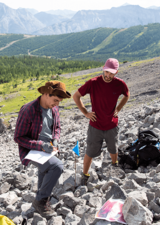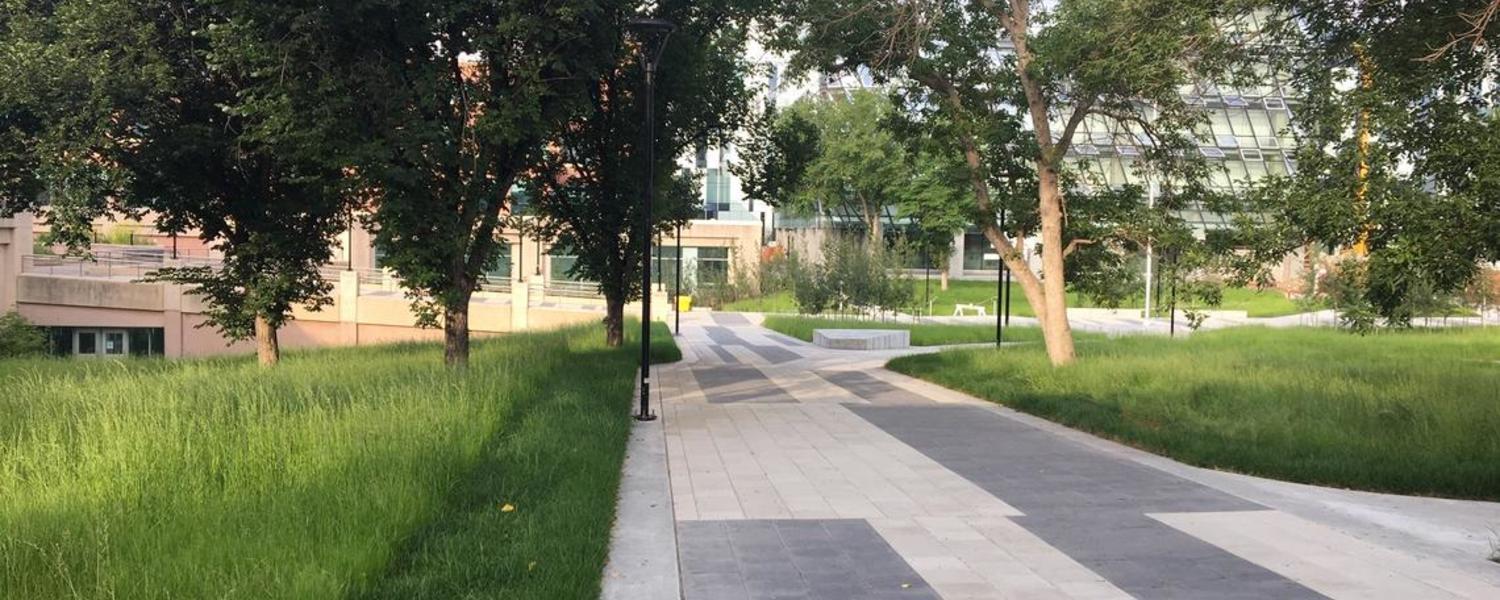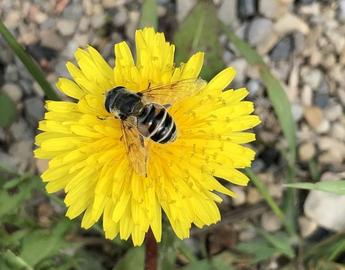
Goal 15: Life on Land
Protect, restore and promote sustainable use of terrestrial ecosystems, sustainably manage forests, combat desertification, and halt and reverse land degradation and biodiversity loss
Related Sustainable Development Goals (SDGs)
Research

New research partnership receives funding for wetlands
A UCalgary professor was named the new Industrial Research Chair in Oil Sands Wetland Reclamation. This program is a partnership between the University of Calgary, the Natural Sciences and Engineering Research Council of Canada (NSERC), and Canada’s Oil Sands Innovation Alliance (COSIA), which will investigate the ecology of newly developing wetlands recovering from disturbance in landscapes reclaimed from mining.

The Biogeoscience Institute
This research institute offers researchers two field stations: the Barrier Lake Station, located in the Kananaskis Valley, and the R.B. Miller Station, located in Sheep River Provincial Park. These stations engage in extensive research on animal ecology and wildlife conservation biology, vegetation dynamics and forestry, ecosystem sustainability and environmental economics, and human, domestic animal and wildlife disease interactions. This institute hosts not only UCalgary academic courses, but also courses from the University of Saskatchewan, University of Regina, SAIT and Wilfrid Laurier University.


Teaching, learning and student experience

Law professor takes lead in environmental impact assessment course
A Faculty of Law professor has recognized the need to refocus instruction of environmental impact assessments at UCalgary to align with the 2019 Impact Assessment Act. This experiential learning course actively engages students in real-world applications of environmental law, honing in on local economic, environmental and social issues, including climate change and Indigenous perspectives on resource and environmental management.

Bug research: undergrads catalogue Calgary’s insects
An undergraduate zoology course empowers students to conduct research and contribute new insect biodiversity knowledge to a City of Calgary catalogue, as well as to a crowd-sourced global repository.




